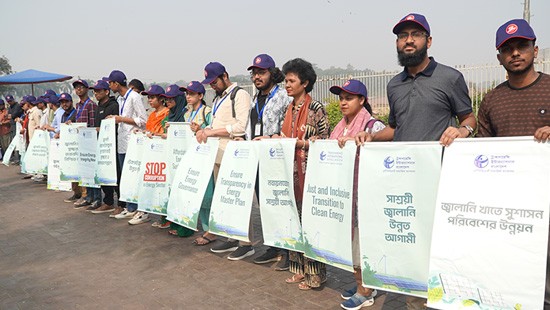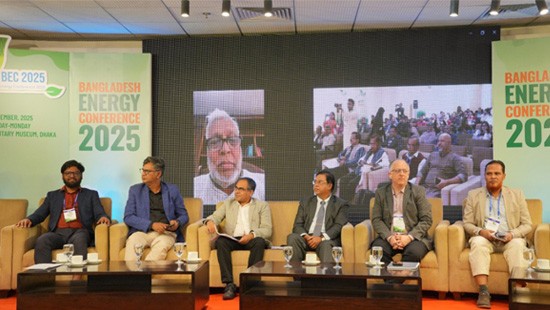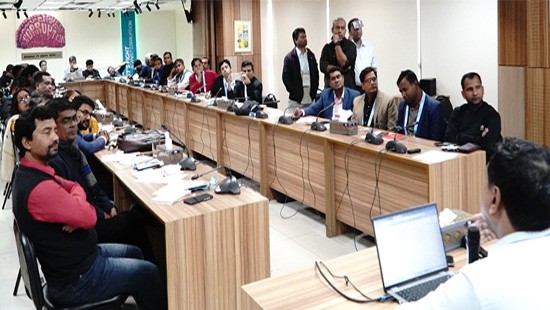Published: 12 February 2025
The declining position of Bangladesh in the worldwide stand against corruption has been laid bare by the Corruption Perceptions Index (CPI) 2024, released by Berlin-based Transparency International (TI). With a score of 23—the lowest in 13 years—the nation has dropped two points to 151st out of 180 countries, presenting a bleak picture of institutional decay, unchecked abuse of power, and persistent failure to uphold transparency.
The TI study, published on 11 February 2025, presents a stark reality of declining trends that cannot be discounted as a one-off incident. It catches the larger effects of an authoritarian kleptocratic regime, one that has deliberately supported corruption in all domains of influence. Though the prior government claimed to be dedicated to fighting corruption, the reality is full of contradictions that present another narrative. Across the nation, gaping legal loopholes, unchecked authority, and an exploitative environment encouraged corruption.
The urgent need for thorough institutional changes takes the front stage as signs of disaster are even more apparent. Unquestionably, corruption cannot be disregarded since it not only hinders Bangladesh's democratic aspirations but also influences long-term development and sustainable economic growth. The CPI reflects this truth.
Bangladesh's dismal second-lowest score in South Asia, better only than Afghanistan, raises serious alarms about governmental failure, unbridled impunity, and the degradation of democratic oversight. Unlike Bangladesh and its neighbors—India, Nepal, Maldives, Pakistan, and Sri Lanka—all of which have seen their scores decline, Bhutan stands out as a beacon of hope, having improved its CPI score this year. Even more troubling is the revelation that Bangladesh's CPI score now trails the Sub-Saharan African average by a worrying ten points, a region notorious for its struggle against corruption. This stark contrast emphasizes the gravity of Bangladesh's governance crisis.
Although authoritarian rule ended in late 2024, the TI report highlights ongoing challenges—factionalism, political favoritism, and institutional manipulation—that continue to obstruct progress. Although the Anti-Corruption Commission (ACC) displays some eagerness to act, actual reform rests on its capacity to function free from political pressure and authoritative control.
To protect vital public interests against policy capture, conflict of interest, and partisan political influence, effective safeguards are needed. Government procurement, banking, trade, energy, health, education, land, and infrastructure are included. Media, civil society, and the public must be allowed to report and criticize corruption. Above all, our political and bureaucratic culture and practices must stop using public positions for private gain. Despite the daunting obstacles ahead, Bangladesh still has a sliver of hope of rebuilding public trust in its governance framework and reclaiming its democratic spirit—if only decisive and transparent actions are taken before it’s too late.











